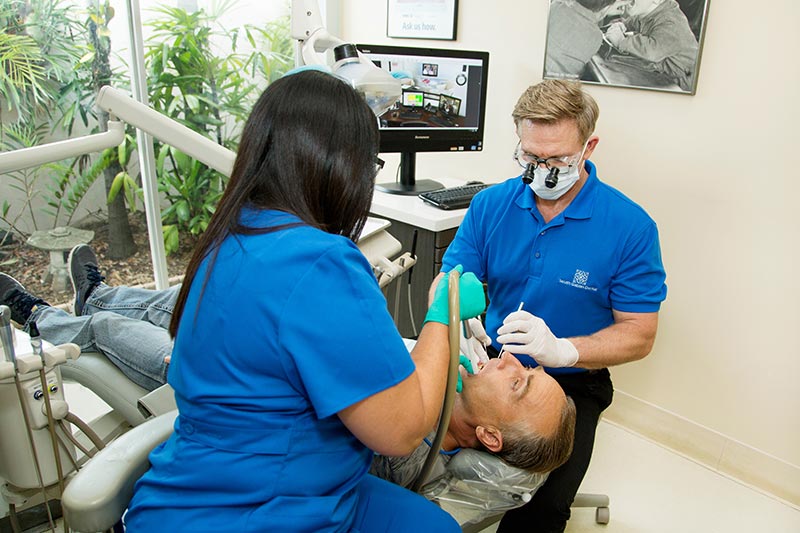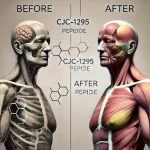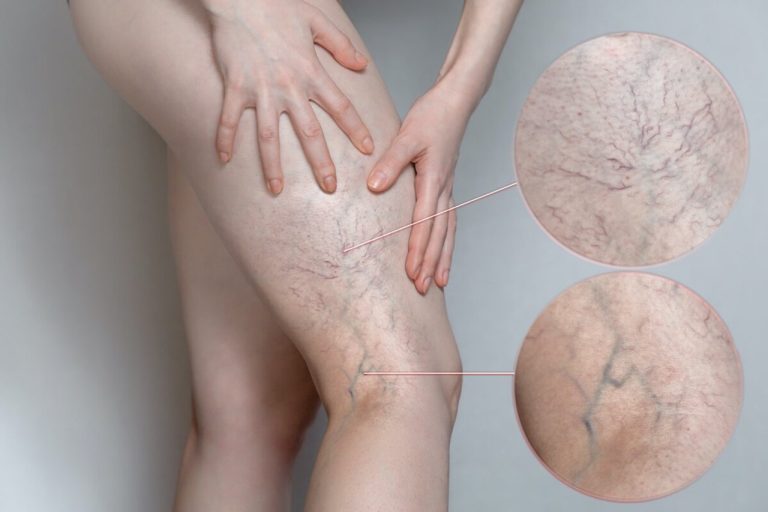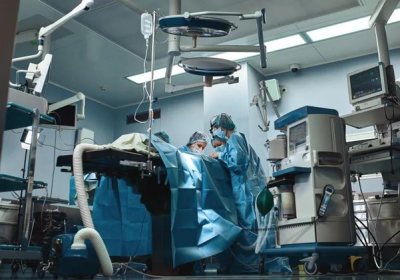
7 common restorative dentistry procedures explained
No one wants to think of cavities, infections, and gum disease, but when you have evident symptoms of dental concerns, you need to book an appointment immediately. There are three categories of dental care – restorative, preventive, and cosmetic. Restorative treatments are meant to fix existing concerns. Before you visit a Dedham, MA restorative dentistry practice, here are seven procedures worth knowing about.
- Fillings: If bacterial growth eats through your enamel and causes damage, it is called a cavity and can be fixed with simple fillings. The dentist will clean your teeth and fill the hole with a special composite material. The step helps prevent further decay.
- Crowns: Caps, or crowns, are typically used for repairing larger cavities or broken teeth. The crown encases the entire tooth and restores its shape and size. It can take two or more appointments to complete the procedure. Crowns can last for several years.
- Inlays/onlays: If a cavity cannot be treated with fillings or a crown, the dentist may consider an inlay or onlay, which are fixed to the structure to prevent decay. Both are similar procedures and can be completed within one or two appointments.
- Root canal therapy: Also called root canal treatment, RCT is used for treating a tooth with a deep infection. If the damage reaches the pulp, RCT helps remove the tissues, blood vessels, and decay. The tooth is sealed, and a crown is fixed on the top to restore its full function.
- Dental bridge: A dental bridge typically replaces one missing tooth with two crowns on both sides. The artificial tooth is in the middle of the bridge, while the crowns are fixed to the adjacent teeth. Bridges are meant to last years like crowns and can be an excellent option for many patients.
- Dental implants: If you have many missing teeth, your dentist may recommend a dental implant, which is a titanium screw that’s inserted and placed inside the jawbone. Oral surgery is required during the procedure, and it can take a few weeks for the area to heal. The implant then works as a base for replacement teeth.
- Dentures: Not everyone has a good candidate for dental implants. If you are unable to get implants because you don’t have enough jawbone or because you cannot undergo surgery, you can get dentures, which can help replace many missing teeth at once.
Call a dental clinic now and book your oral exam. Your dentist will guide you on the various procedures.


















